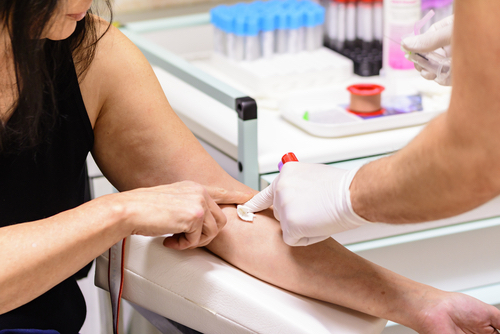


The signs of iron deficiency, or anaemia, are commonly mistaken for feeling run down. Although there are different types of anaemia, iron-deficiency anaemia is the most common worldwide.
The experts at House Call Doctor have all the information you need.
What is iron deficiency?
Iron deficiency anaemia is a condition where blood lacks adequate healthy red blood cells, which carry oxygen to the body’s tissues.
Common causes of iron deficiency include inadequate iron intake due to poor or restrictive diets, inflammatory bowel disease, internal bleeding or increased requirements during pregnancy and blood loss through heavy periods.
What are the symptoms?
Whatever the cause, iron deficiency can have serious implications on your health and wellbeing. Some of these symptoms include:
- Tiredness
When your body doesn’t have enough haemoglobin, less oxygen can reach your tissues and muscles, depriving them of energy. Your heart must work harder to move oxygen-rich blood around your body, which can also make you feel tired.
- Shortness of breath
As well as feeling tired, if your muscles aren’t getting enough oxygen to properly function, your breathing rate will increase as your body tries to inhale more oxygen.
- Headaches
Headaches, light-headedness and dizziness can be experienced as a result of swollen blood vessels creating pressure in your head.
- Heart palpitations
If you’re iron deficient, the heart must work harder to transport oxygen around the body, leading to irregular or fast heartbeats.
- Cold hands and feet
Iron deficiency means less oxygen is being delivered to the hands and feet.
How do you treat iron deficiency?
If you are experiencing any of these symptoms, House Call Doctor recommends you see your local GP. They can perform a physical examination and send you to get a blood test.
The most common treatment option for iron deficiency anaemia is increasing your iron intake with an iron supplement and a good diet.
Iron supplements are usually in the form of tablets. But if you need a high dose of iron, you may need an injection or intravenous infusion which is via a drip into a vein. Side effects can include dark or black bowel motions, indigestion, diarrhoea, constipation or nausea.
Including a lot of iron-rich foods as part of a balanced diet is another way to up your daily iron intake. Your body absorbs only a small amount of iron, so it’s important to watch your diet. Try to include foods such as; meat, fish, poultry, whole or enriched grains, green leafy vegetables and iron fortified foods.




